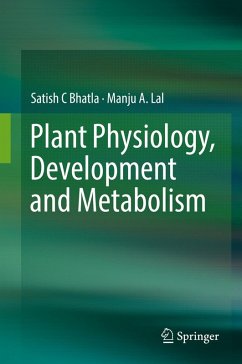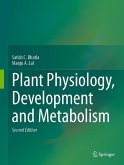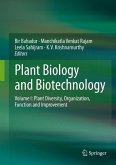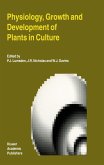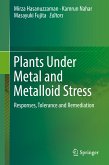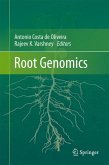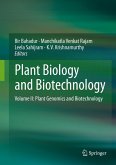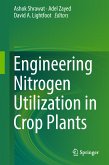This book focuses on the fundamentals of plant physiology for undergraduate and graduate students. It consists of 34 chapters divided into five major units. Unit I discusses the unique mechanisms of water and ion transport, while Unit II describes the various metabolic events essential for plant development that result from plants' ability to capture photons from sunlight, to convert inorganic forms of nutrition to organic forms and to synthesize high energy molecules, such as ATP. Light signal perception and transduction works in perfect coordination with a wide variety of plant growth regulators in regulating various plant developmental processes, and these aspects are explored in Unit III. Unit IV investigates plants' various structural and biochemical adaptive mechanisms to enable them to survive under a wide variety of abiotic stress conditions (salt, temperature, flooding, drought), pathogen and herbivore attack (biotic interactions). Lastly, UnitV addresses the large number of secondary metabolites produced by plants that are medicinally important for mankind and their applications in biotechnology and agriculture. Each topic is supported by illustrations, tables and information boxes, and a glossary of important terms in plant physiology is provided at the end.
Dieser Download kann aus rechtlichen Gründen nur mit Rechnungsadresse in A, B, BG, CY, CZ, D, DK, EW, E, FIN, F, GR, HR, H, IRL, I, LT, L, LR, M, NL, PL, P, R, S, SLO, SK ausgeliefert werden.

